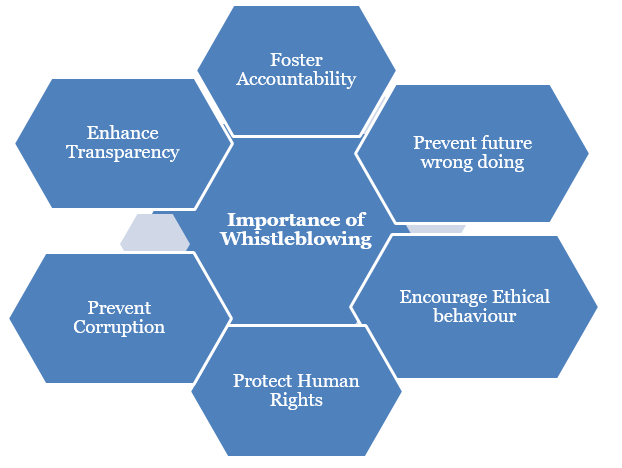7667766266
enquiry@shankarias.in
Recently, WikiLeaks founder Julian Assange on arrived in his home country Australia a free man after pleading guilty to conspiracy in a US court in a deal that ended his years in long battle.

|
Whistle blowing Cases |
About |
|
Shanmugam Manjunath case |
|
|
Lalit Mehta case |
|
|
IPS Narendra Kumar Singh case- |
|
|
Vyapam Scam |
|
In India, Satyendra Dubey was known as the country’s first whistleblower who was murdered over 20 years ago upon exposing corruption involved in the construction of India’s largest highway project at the time.
According to Reporters Without Borders, nearly half of the journalists killed in India since 2014 were working on stories linked to the environment.
What lies ahead?